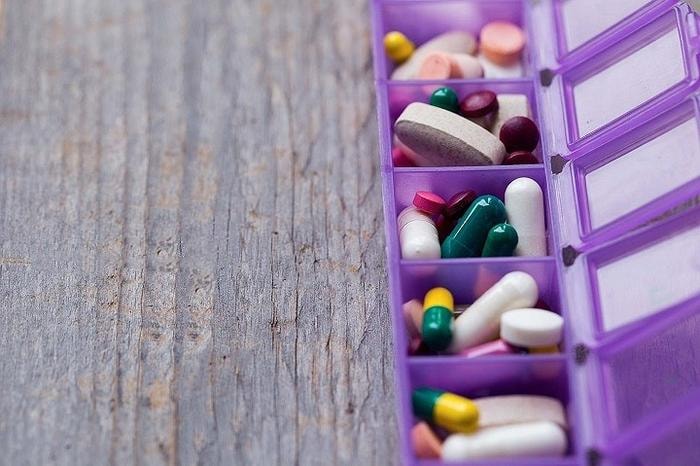In addition to taking medication, people with depression must also change their lifestyle to support effective treatment.
Here are some lifestyle habits that can help you reduce the symptoms of depression:
 |
| Look at yourself in the mirror and smile: Research shows that smiling makes the body happy. Laughter helps stimulate the production of serotonin, a hormone that helps you feel better. So if you're feeling down, try watching a funny movie to improve your mood. |
 |
| Drumming: A retired worker who took drumming lessons felt more energetic and less depressed. Researchers believe that drumming relaxes the body. |
 |
| Change your sleeping position: Many people with depression have trouble sleeping. Changing your sleeping position can help your body. You can also reduce insomnia by waking up at the same time every day, never napping for more than 20 minutes, cutting out caffeine after 3 p.m., and relaxing for an hour before bed. |
 |
| Break from the daily routine: Sometimes the same activities can get boring. Take a break and go explore somewhere, take a different route, wear different clothes... to improve your mood. |
 |
| Take a 30-minute walk in winter: Exercise encourages the release of hormones and neurotransmitters that boost mood. Walking outside during the day will help you absorb sunlight, boosting your mood, especially in winter. |
 |
| Exercise: Many studies have shown that exercise helps produce and release serotonin. In addition, combine physical activities with nature to have a positive impact on your mood. |
 |
| Spend time with friends: A study in the UK showed that up to 65% of depressed women felt comfortable and pleasant when meeting friends. Moreover, if this is repeated regularly, it will be as effective as using antidepressants and psychotherapy. |
 |
| Playing with pets: According to research from the University of Missouri, levels of serotonin and oxytocin in the brain - a measure of mood - increased when playing with pets |
 |
| Drink 1-2 cups of coffee or tea every morning: According to psychologist Dr. Edward J. Cumella, moderate caffeine intake reduces the risk of depression by more than 50%. |
 |
| Omega-3 rich foods: A Dutch study found that people who ate more omega-3 fatty acids, a type of fat found in cold-water fish like salmon and mackerel, were less likely to be depressed than those whose diets were low in this important fat. A British study also found that pregnant women who did not eat fish had twice the rate of depression as women who ate 283 grams of fish a day. |
 |
| Taking vitamins: One study found that vitamins help improve the effectiveness of antidepressants. |
According to VOV












